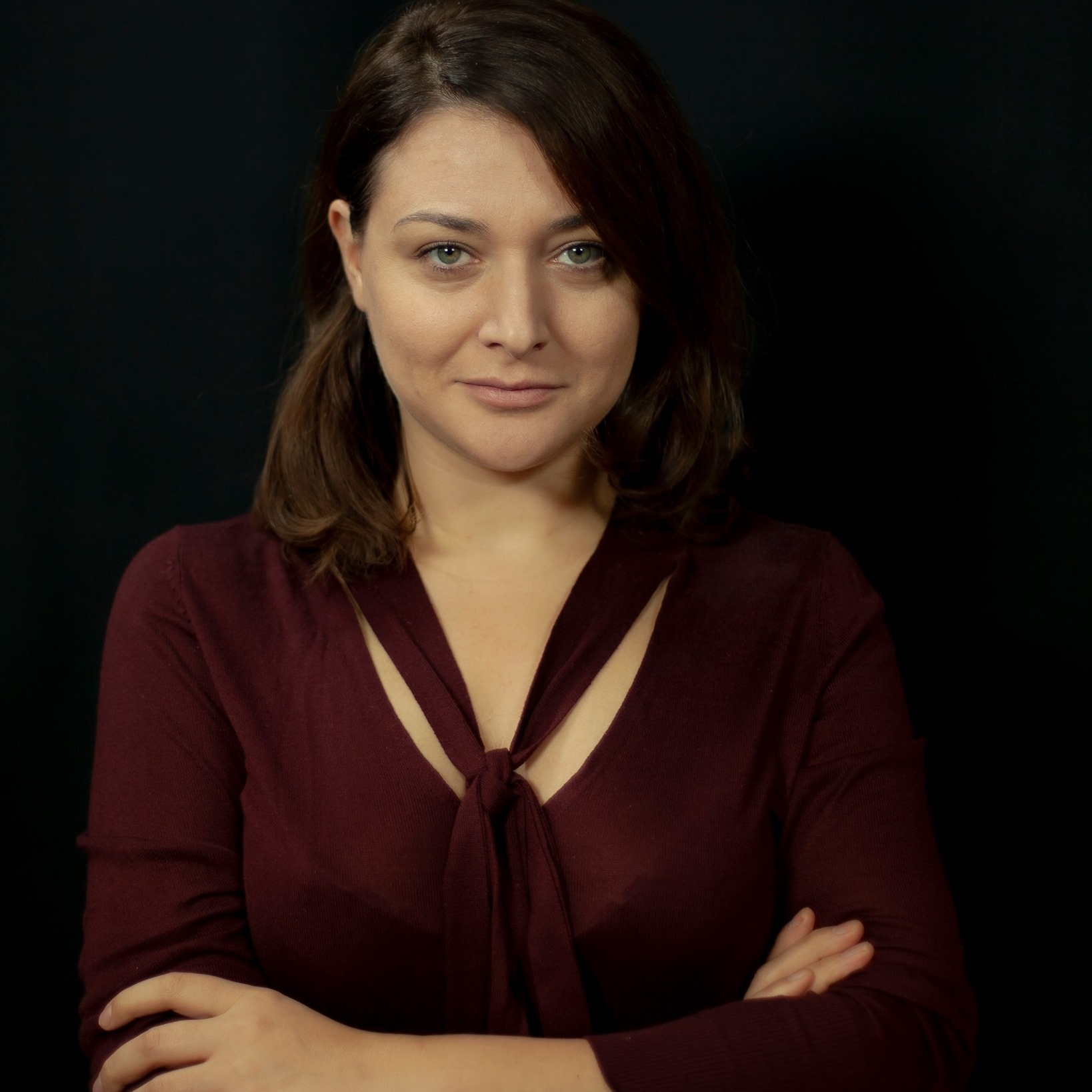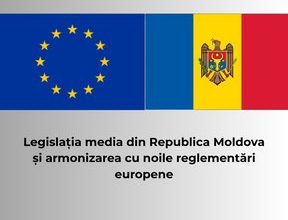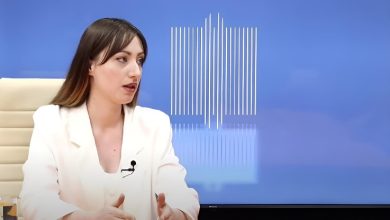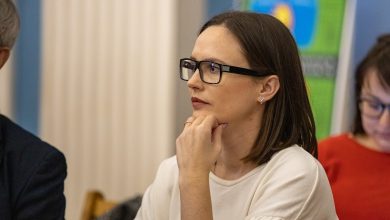Artificial Intelligence, Efficiency, and Responsibility in Media

Anastasia Nani,
Deputy Director, Independent Journalism Center
For 30 years since we started annually celebrating the Press Freedom Days, the media in the Republic of Moldova has been gradually gaining its small victories protecting the right to freedom. Over the years, the press has been faced with a number of challenges: struggling for editorial and economic independence; hindered access to information of public interest; ensuring journalists’ safety in crisis situations; pressures while reconciling speed and quality; countering disinformation and propaganda. Alas, 30 years later, we still cannot mention all of these issues in the past tense.
During the most recent years, the series of these challenges kept expanding, bringing the tools from the world of artificial intelligence to journalism. In this new digital “chaos” where the professional ethics should be followed as a “good friend” media professionals are forced to reinvent themselves. Among us, there are (still) many journalists who have “tried” the traditional tools (you can still recall the pleasure of sending a newspaper edition to the printshop or preparing a pre-recorded show the way one edits a book), and the novelties from the world of artificial intelligence seem to keep overwhelming us. Some of you have probably also wondered the way I do: “Is AI (Artificial Intelligence) an opportunity to ‘embrace’ according to the IT experts’ recommendations? Does it include any risks for media professionals? Will it become our friend or rival? If we use it to produce content, who shall own the copyright?”
Maybe in a year, or a bit sooner or later, we will get at least partial answers to these questions. It might happen only if we start acting and get involved in the debates.
At the international level, discussions on producing content with the help of artificial intelligence were not long in coming. In April 2023, a photographer from Germany named Boris Eldagsen won a prestigious prize at the Sony World Photography Awards. Yet the photographer refused the prize because the image he had presented for the contest had been generated with the help of artificial intelligence. Boris Eldagsen sincerely admits that he filed the photo as a “as a cheeky monkey, to find out, if the competitions are prepared for AI images to enter. They are not. We, the photo world, need an open discussion. A discussion about what we want to consider photography and what not. Is the umbrella of photography large enough to invite AI images to enter – or would this be a mistake? I have done what I could to speed up the discussion,” the laureate wrote on his website.
This case is actually a strong signal to the media community around the globe. Although far from Silicon Valley, the media community in the Republic of Moldova should not keep away from this debate. The discussions will certainly focus not only on photos, but also on texts, facts included in these texts, infographics, sound, and video images. In short, it will touch upon all the elements we use for “packaging” a media product. Reasonableness, responsibility, and honesty in relation to both media consumers and to ourselves should be the keywords in this debate. In case of their absence, limits may emerge. This is because AI is like a kitchen knife which can be used both for making a salad and for committing a crime. It all depends on whose hands it is in.
We cannot exclude that artificial intelligence could speed up online media regulation which is currently unregulated in the Republic of Moldova. This mission is definitely a complicated one, and eventual discussions on this regulation should be watched intently to ensure that the legal provisions are not detrimental to the freedom of the press.
Until this regulation is developed, it would be useful to talk about self-regulation. It has actually already taken place after the “explosion” of the Internet, and later, of the social networks. Let us reach an agreement on the new standards of the Deontological Code for journalists required in the epoch of artificial intelligence and follow these rules.
Let us also address another aspect: shall we accept or reject artificial intelligence? Media professionals should adapt on the move in order to avoid being replaced by AI, as some people fear and threaten the others, or to stay isolated from new technologies and tools, as happened when the Internet and social networks broke the silence. Despite some threats, the high-quality press has resisted them.
In February, the Byline Times published a text which was presented as a debate between ChatGPT and journalist Iain Overton which touched upon eventual replacement of reporters by new technologies. ChatGPT “tells” the journalist that “it is important to recognize that AI systems could actually enhance the work of journalists rather than replace them.” ChatGPT also “argued” that it was important to admit that AI would not disappear, and instead of countering it, journalists should be searching for the ways to use it.
Iain Overton emphasizes the fact that journalism should rely on empathy to bring stories to life and to contribute to a more profound understanding of human experience. “AI systems (…) cannot replicate the empathy needed to understand human emotions, context, and subtleties,” the journalist answers, among other things. He also mentions that AI-based journalism “is hypocritical and undermines the profession’s values.”
Productivity and efficiency are the aspects we already know. But if empathy still matters, we will have to find out how the protagonists’ lives and experiences we cover also matter in the context of artificial intelligence. To avoid making our materials homogeneous, we will have to make efforts to keep journalists’ style individual and creative. Of course, if it is still appreciated and demanded.
This is why, to be able to face these challenges, it is important to stay actively involved in the global debate about using artificial intelligence in journalism and to be aware of both advantages and risks the new technologies bring. In the Republic of Moldova, these issues are not being currently debated yet, but maybe we should start discussing them? Otherwise, we may find out too late that everything has already been decided for us.




